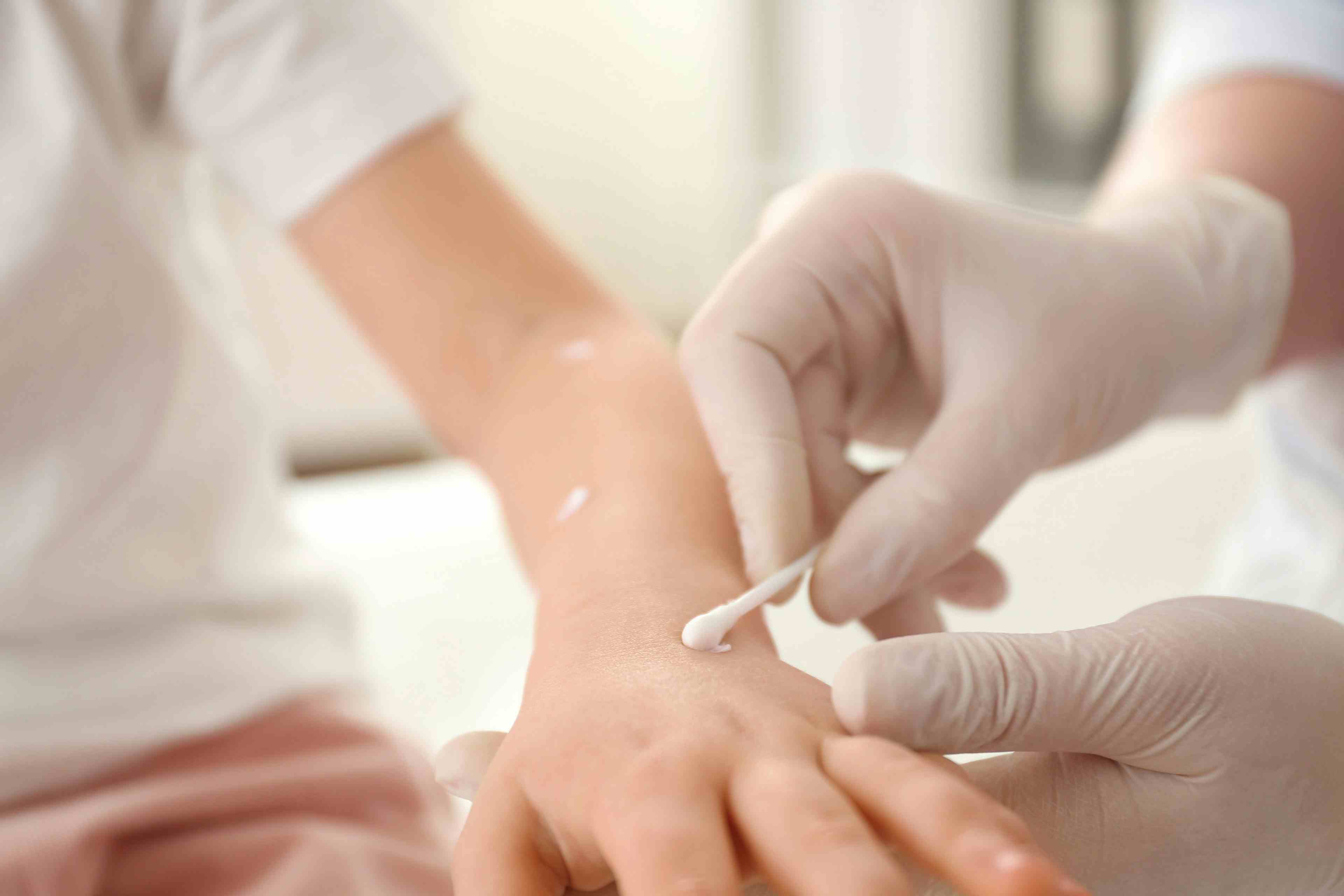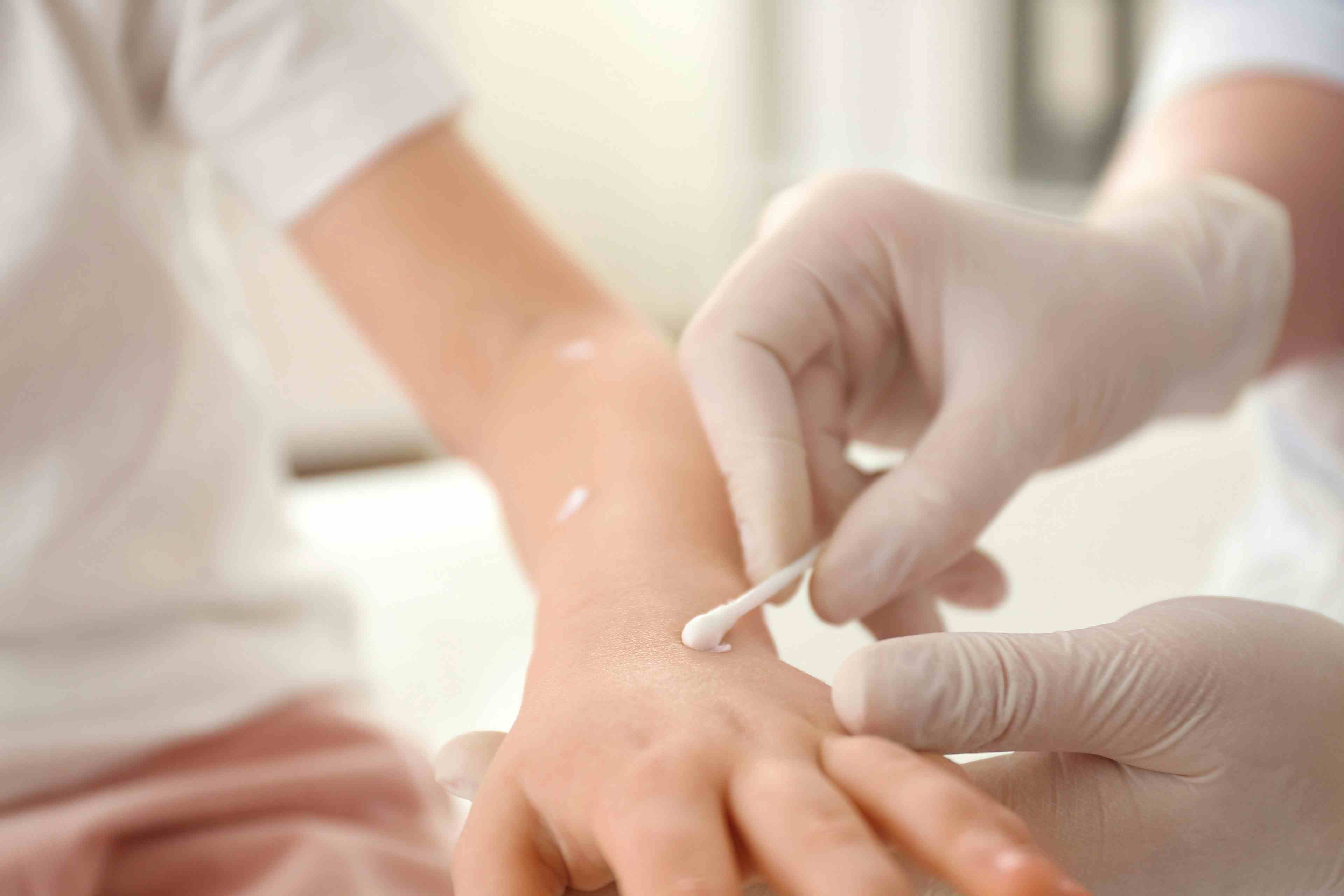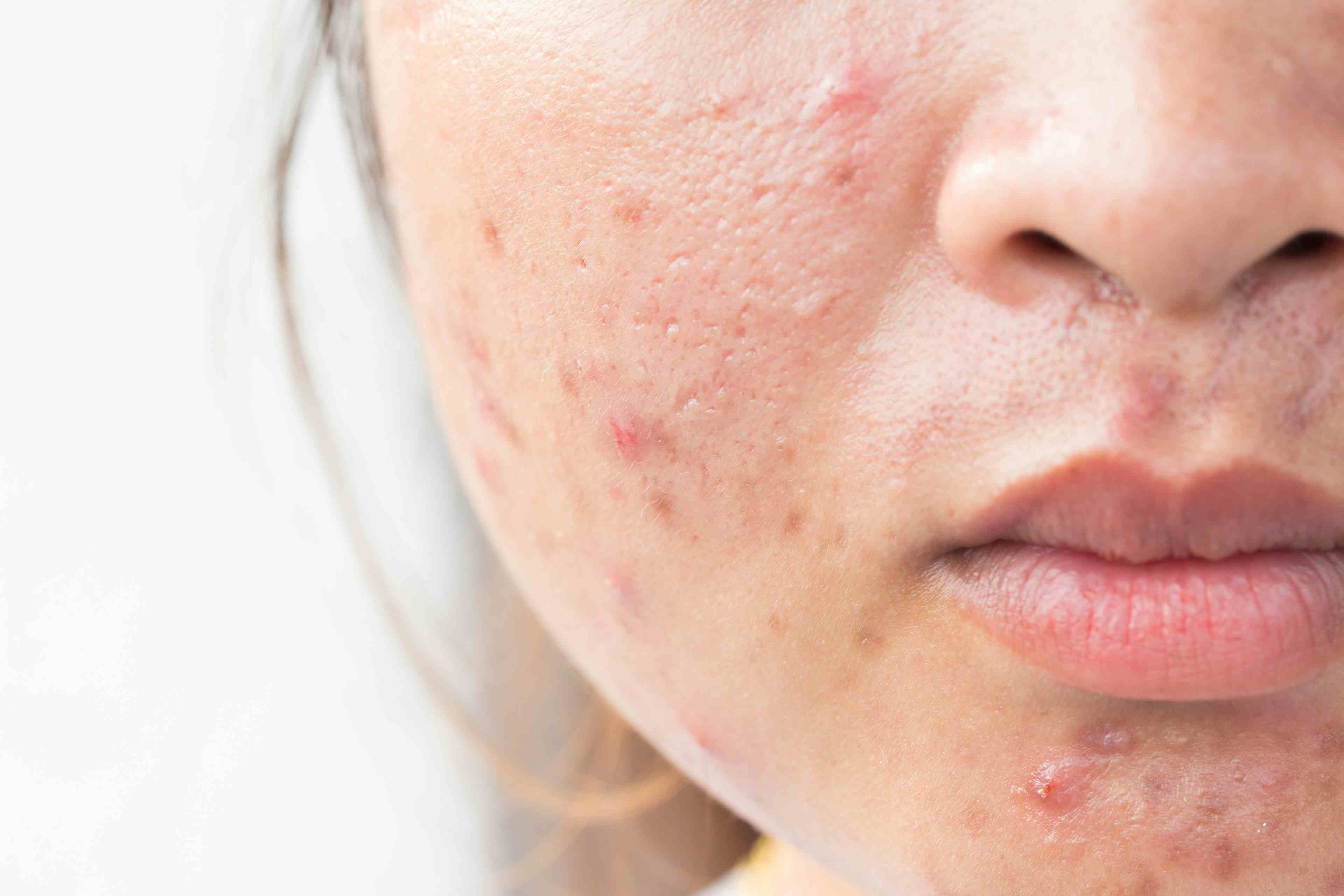- Acne
- Actinic Keratosis
- Aesthetics
- Alopecia
- Atopic Dermatitis
- Buy-and-Bill
- COVID-19
- Case-Based Roundtable
- Chronic Hand Eczema
- Chronic Spontaneous Urticaria
- Drug Watch
- Eczema
- General Dermatology
- Hidradenitis Suppurativa
- Melasma
- NP and PA
- Pediatric Dermatology
- Pigmentary Disorders
- Practice Management
- Precision Medicine and Biologics
- Prurigo Nodularis
- Psoriasis
- Psoriatic Arthritis
- Rare Disease
- Rosacea
- Skin Cancer
- Vitiligo
- Wound Care
Article
Vaccine against HPV on its way
Philadelphia - Human papillomaviruses (HPV) are responsible for a variety of proliferative diseases in the squamous epithelia of humans, causing localized benign proliferations (e.g. the common warts), some of which have the potential to progress to cancer.
Philadelphia - Human papillomaviruses (HPV) are responsible for a variety of proliferative diseases in the squamous epithelia of humans, causing localized benign proliferations (e.g. the common warts), some of which have the potential to progress to cancer.
It is the latter that is of major interest to physicians and cancer researchers, and it is their quest to try to find an antidote for this troublesome group of viruses. John T. Schiller Ph.D., of the National Cancer Institute (NCI) at the National Institutes of Health (NIH) in Bethesda, Md., is just one such researcher who presented the clinical results of studies on the development of a vaccine against the HPV viruses at the annual meeting of the Society of Investigative Dermatology, here.
Dr. Schiller says that, "Certain HPV virus types (but not common wart types) are capable of causing cancer of the cervix, oropharynx, anus, oral cavity, larynx, vulva and penis, the cervix being by far the most prevalent site affected. In over 90 percent of cases, the HPV infections are harmless and go away without treatment. However, certain types of HPV increase women's risk for cancer of the cervix, namely HPV-16 and HPV-18. Together these HPVs are responsible for causing about 70 percent of all cervical cancers. Of the remaining 30 percent, most cases are associated with a dozen or so other high-risk HPV types. In addition, two types of HPV (HPV-6 and HPV-11) cause 90 percent of genital warts, which are benign tumors."
The NCI, Merck and Glaxosmithkline (GSK) have been working to develop HPV virus-like particle (VLP) vaccine to prevent cervical cancer.
Following successful animal trials where antibodies were implicated as immune effectors, researchers turned their sights on humans and tested HPV VLP vaccines in three ongoing phase 3 trials. In these double blind placebo controlled studies, NCI, GSK and Merck enrolled a total of 7,500, 18,000 and 25,000 patients, respectively, consisting of young women 16 years to 26 years of age, with fewer than four (or six) lifetime sex partners. Patients have been followed for up to four years. The virologic endpoint was patients with persistent cervical HPV DNA and the clinical endpoint was intermediate and high graded cervical dysplasia.
Results impressive, promising
Results showed that the intramuscular injections that were administered at baseline one or two, and six months were well-tolerated by the patients and there were no vaccine-related serious adverse events.
Immunogenicity studies showed >99 percent seroconversion, and geometric mean titrations (GMT) were 10 to 50 fold higher than natural infection. In a Merck trial where VLP type 16 was administered, there was a 94 percent efficacy in healing persistent infection and a 100 percent efficacy in regression of cervical intraepithelial neoplasia. Similarly in the GSK trial where VLP type 16 and 18 were administered, results showed a 96 percent efficacy in preventing persistent infection and a 100 percent efficacy in prevention of cervical intraepithelial neoplasia. In both trials, the VLP vaccines demonstrated a strong protection after the plateau of VLP antibody titers (at four years), suggesting a long-term protection.
"Ten- to 13-year-old girls are the ultimate target group for this vaccine, since they have not yet been exposed to these sexually transmitted viruses. The next target group of importance is sexually active women, since some may have not yet been exposed to these viruses. Most of the vaccine will initially go to this group. The last group that could benefit from the vaccine is adolescent boys and men, if the vaccines are shown to prevent infection. The protection against genital warts is a large potential benefit for males," Dr. Schiller explains.
News is good, but caution still required
These vaccines prove to be safe and highly effective at preventing cervical infection, dysplasia and genital warts.
If everything goes according to plan, the Merck vaccine should be available in the United States by this summer and the GSK vaccine is expected to be on the market by the end of next year. Dr. Schiller warns though, that just because these vaccines are so effective, cancer screening must not be given up or disregarded.
Newsletter
Like what you’re reading? Subscribe to Dermatology Times for weekly updates on therapies, innovations, and real-world practice tips.
















